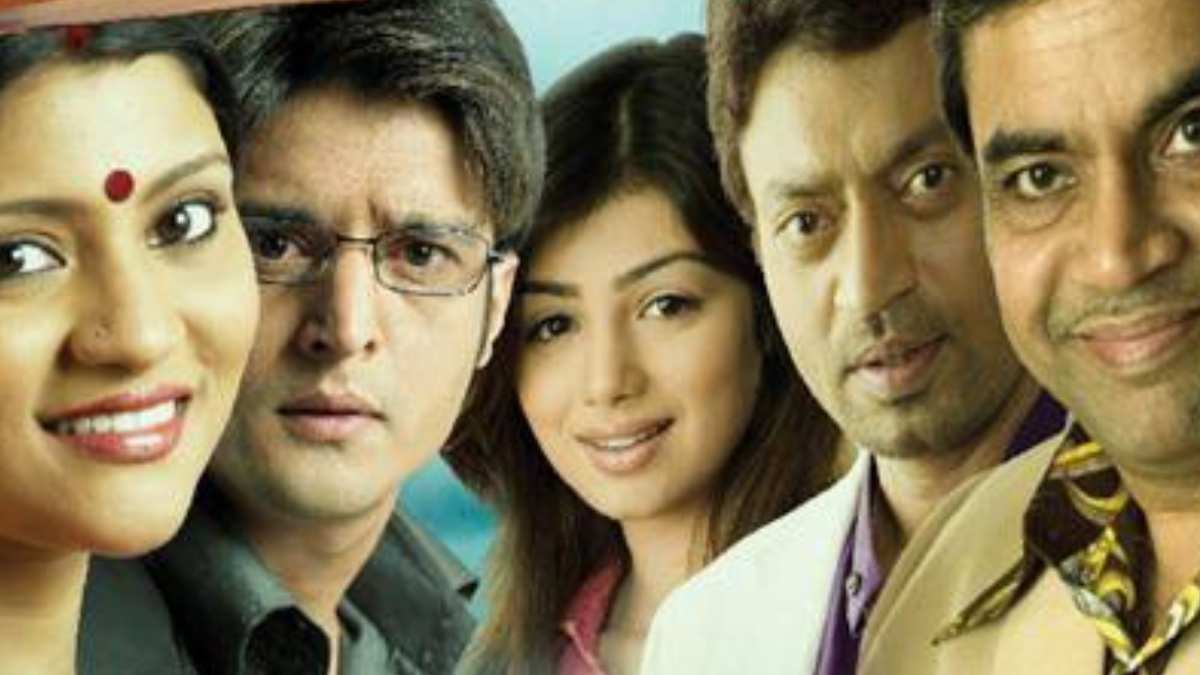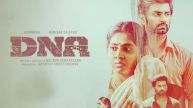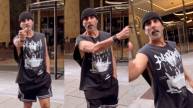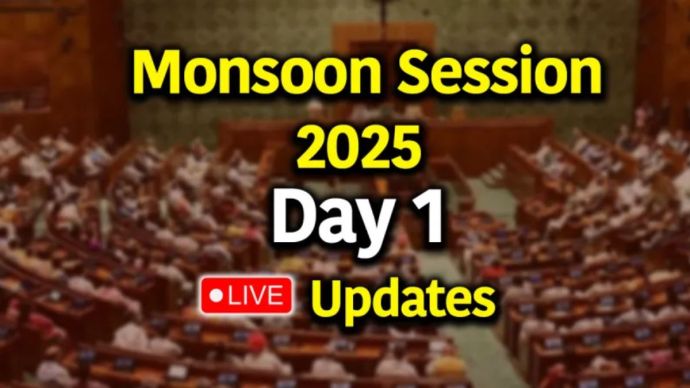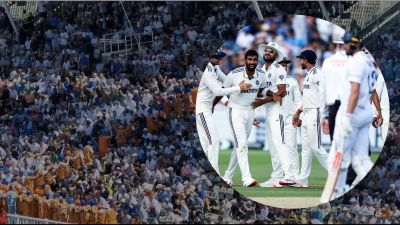Naseeruddin Shah’s only directorial Yun Hota To Kya Hota, which completed eighteen years on July 21, was a sensitive film that climaxed at the Twin Towers. It was such a nightmarish experience for Naseer he swore never to direct again.
In an interview with this writer on the eve of the film’s release, Naseer answered questions on why he chose direction so late in his life. “For the simple reason that it didn’t seem right earlier on. I remember myself as a typical kid with dreams of directing a film starring myself. I had some ideas at 19, which I’d still like to direct. But I never wanted to become a filmmaker earlier. I only wanted to act. I had no statements to make, no burning messages that I wanted to deliver to the world. I wanted direction to happen organically. That’s why Yun Hota Toh Kya Hota took so long.”
Yun Hota Toh Kya Hota offered an unusual format of presentation. “It has four different stories, all of which can be defined as love stories, all presenting couples from different age groups. There’s a teenage couple, a slightly older couple, then a guy obsessed with a much older woman and finally a middle-aged couple. The couples and their stories collide at the end. The segmented storytelling isn’t so unusual. Mani Ratnam did it in Yuva recently. And long ago, Hrishikesh Mukherjee’s Musafir. Then the same format was seen in Italian films like Vittorio de Sica’s Yesterday, Today & Tomorrow and another called Woman Times 7, which had seven separate stories. And there’s Crash. It gave me a complex. I was always fascinated by the episodic format.”
Many actors who were friends of Naseer, including Om Puri, felt left out of your film.
Also Read: The Great Naseeruddin Shah Turns 75
Laughed Naseer, “I’ll talk to him about that. It was sweet of him to feel left out. I know he’d have done any part I asked him. But there was no part for him. When I cast him, I’d like to do justice to him. Everyone who’s rallied around has become a friend, like Paresh Rawal, Irrfan Khan and Konkona (Sen Sharma). They’re such marvellous actors. And the novices went through rehearsals before going on the sets. I had a blast directing them. I may just be doing direction for the rest of my life. Straining myself for a part even for something like Paar doesn’t excite me right now. I’d like to help other actors do that kind of stuff. Hence my fascination with teaching.”
Naseer found direction more stimulating than acting. “Acting in movies is the most miserable job in the world. Sometimes you’ve two minutes of work after waiting on the sets the whole day. I enjoyed it while it lasted. But now I want to move on. In fact, I’m not acting in my film. I’ve dubbed for two or three incidental characters. There was no one else to do it. We needed American accents. Okay, I confess I wanted to upstage my actors (laughs). Direction gives me a much bigger high. It feels like my whole career has been a preparation for this. Mind you, I still enjoy acting in theatre immensely. Frankly, I wouldn’t act in a film unless it really excites me. I’m trying to do small parts in films by friends. The thought that this idea inspired by a real-life incident would make a charming story and the thought that I wouldn’t face the pressure of a producer forcing me in a particular direction and it involved only a few days of shooting.”
After the release and the debacle of the film, Naseer turned against the film, swearing never to direct again.
And why did Pankaj Kapoor say no to his brother-in-law Naseeruddin Shah for Yun Hota To Kya Hota? “It was such a huge misunderstanding. I had told Naseer I cannot possibly say no to him when he’s making his first film. I was extremely caught up with my house being done up because I was the contractor, architect and interior designer of my new home. Apparently he was told by his assistants that they couldn’t contact me. By the time he realized I was going to do it, he already had another actor for my part. Naseer is family. Secondly, I hold him in great esteem as an actor. Why should I say no to his first film?”
Also Read: Irrfan Khan’s Worst Film Turns 19
